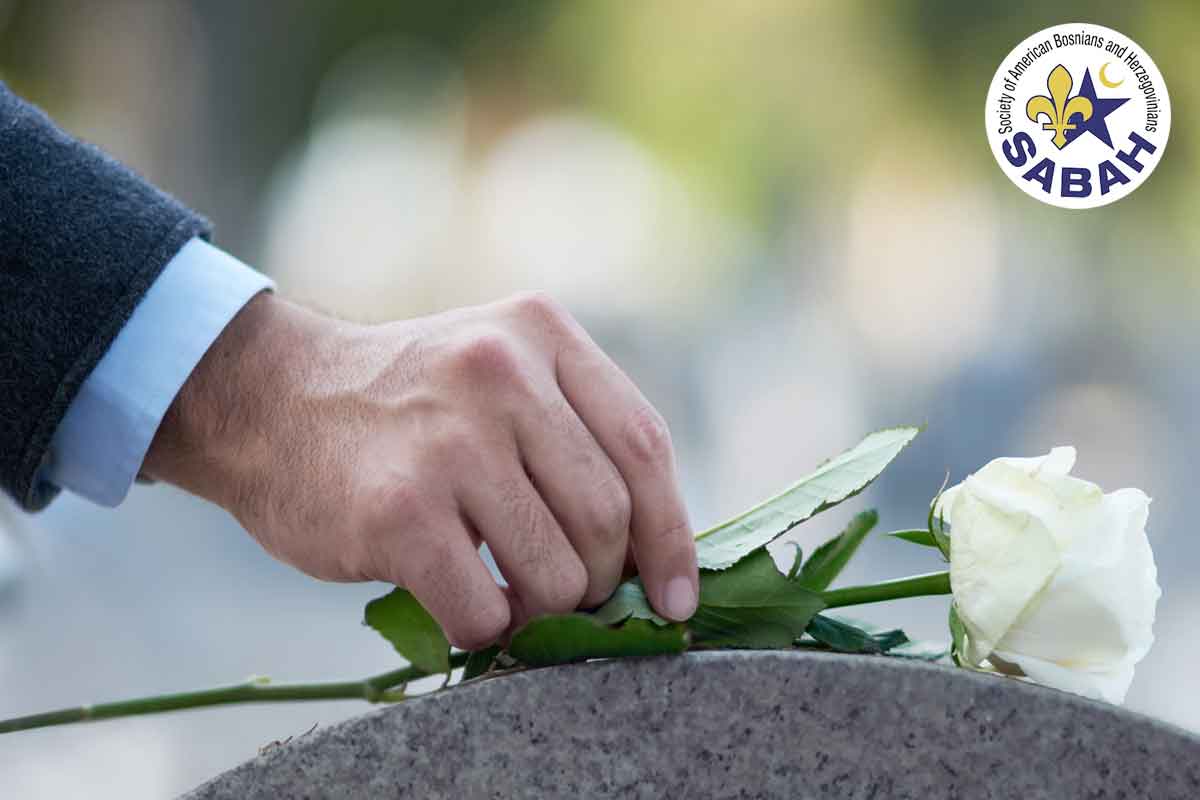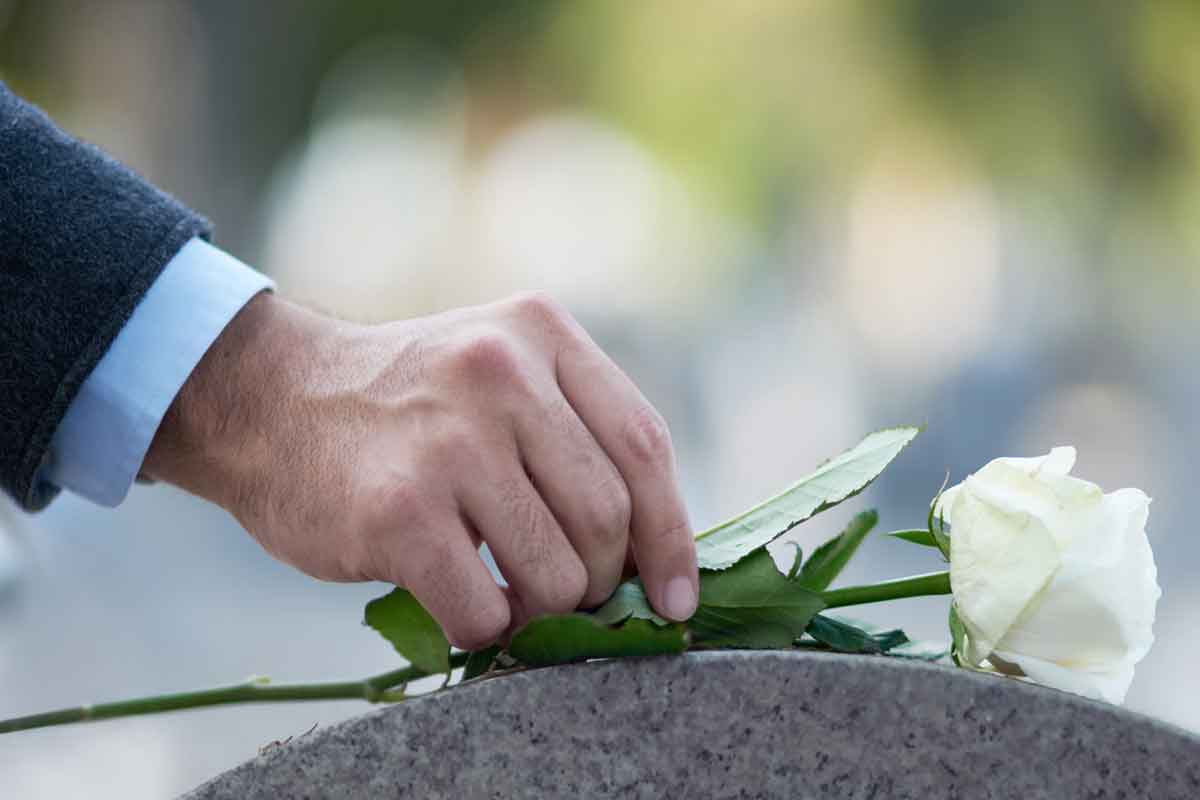
To Allah we belong and to Him we shall return
Steps in case of a death in the family. Rulebook for funerals and graves.
SABAH JAMAAT
Memorial Services

JAMAAT SABAH SERVICES COST $1,000
For Members
(who are enrolled
1–year or more)
INCLUDES
Burial place at the congregational cemetery
Performing the funeral at the Jamaat cemetery

JAMAAT SABAH SERVICES COST $4,000
For Non-Members
(under 1–year or
are not members at all)
INCLUDES
Burial place at the congregational cemetery
Performing the funeral at the Jamaat cemetery

IN CASE OF CHILD’s DEATH up to 1-year
For Members
ALL FUNERAL SERVICES
of SABAH JAMAAT ARE FREE
Burial place at the congregational cemetery
Performing the funeral at the Jamaat cemetery

IN CASE OF CHILD’s DEATH up to 1-year
For Non-Members
THEY HAVE AN OBLIGATION TO COVER THE EXPENSES OF THE BURIAL PLACE IN THE AMOUNT OF $500
while ALL FUNERAL SERVICES
of SABAH JAMAAT ARE FREE
Burial place at the congregational cemetery
Performing the funeral at the Jamaat cemetery

